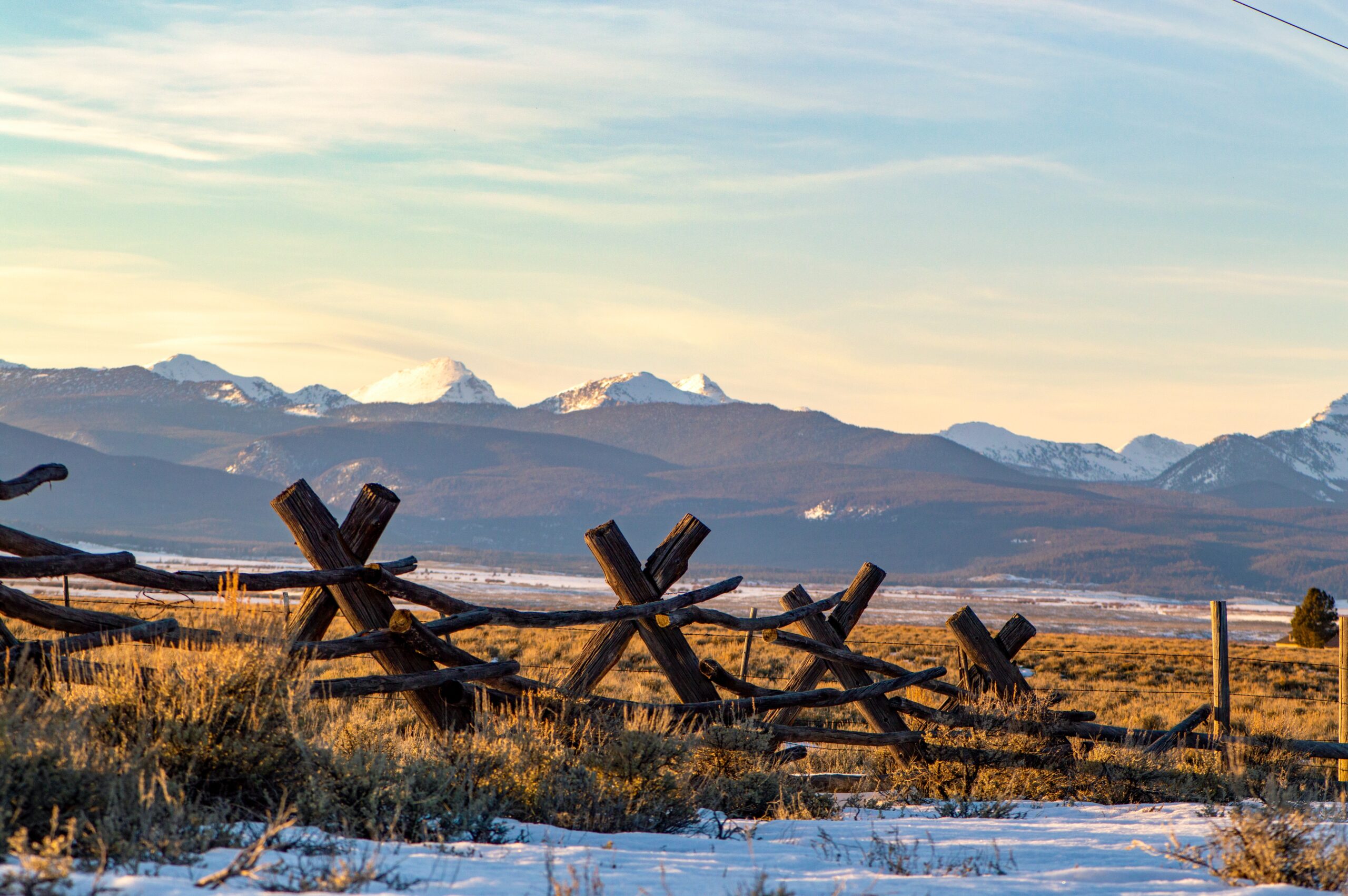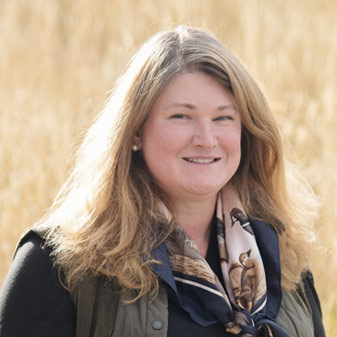
A public comment submitted to the Office of Science and Technology Policy offering input on the development of the National Nature Assessment (NNA).
Main Points
- The National Nature Assessment should be based on an inclusive definition of nature that recognizes the value of people and human-stewarded landscapes.
- Private landowners are a key audience of the assessment because they are the primary stewards of America’s lands and waters, possess knowledge that can benefit the assessment’s development, and could use the assessment to access markets that produce conservation and climate benefits.
- To be effective, the National Nature Assessment must have the trust of private landowners. It is essential that they have assurances that the assessment will not compromise their property rights or livelihoods.
Introduction
By improving our understanding of the world around us, the National Nature Assessment can be a valuable conservation tool. For the assessment to live up to its potential, however, it must be based on a practical definition of nature that is inclusive of human beings and that integrates an accurate scientific understanding of the dynamic nature of our planet. It must also inspire the trust and cooperation of private landowners who steward the majority of the nation’s land, water, and wildlife habitat. For this to happen, the assessment must be transparent about its purpose and objectives, engage with landowners early and often, and demonstrate respect for private property rights. Doing so will likely improve the data set available to the NNA initiative and encourage the kinds of collaborative conservation efforts that form the basis of initiatives such as “America the Beautiful.”



